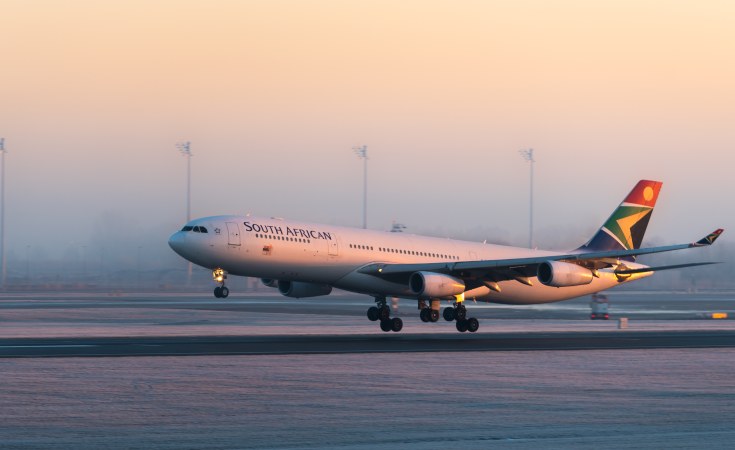However, the introduction of private-sector investors in the ownership structure of the troubled airline still has a crucial obstacle. The deal could collapse if SAA's historical debt of R3.5bn is not fully settled.
The privatisation of state-owned airline SAA has now been cleared for take-off.
From a regulatory perspective, a group of private-sector investors has been cleared by SA's competition authorities to purchase a majority stake in SAA.
The Competition Tribunal, which acts as a court on competition and anti-trust matters, has approved the purchase of a 51% shareholding in SAA from the government, which will retain the remaining 49% stake in the airline. This was a big hurdle for the SAA deal, which has been two years in the making.
The introduction of private-sector players in SAA's ownership model is significant as it is set to serve as the blueprint and litmus test for privatisation in the state-owned enterprise (SOE) universe. A privatisation model is already being introduced at the state-owned transport group Transnet, which announced last week that a private-sector company will run a container terminal at its port in Durban.
Read more here: Philippine logistics firm to the rescue: Transnet embraces private sector as partner for delivery
Similar reform measures are also expected at Eskom as President Cyril Ramaphosa's administration is pushing for private-sector players to partner with SOEs, inject money into them, and wean them off taxpayer funds...


